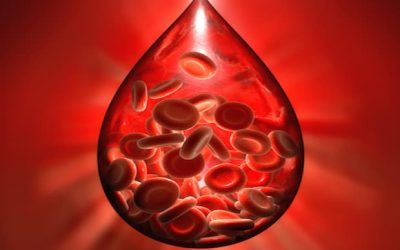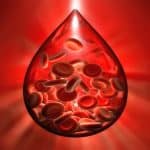The National Institute for Health and Care Excellence has confirmed that Celgene’s Abraxane will not be routinely funded for treating pancreatic cancer on the National Health Service in England, claiming that the drug’s cost does not justify its benefit to patients.
During the appraisal process, the Institute said while the Abraxane (nab-paclitaxel)/gemcitabine combination was more effective than the latter drug alone, it resulted in more serious side effects, and also caused more adverse events than a gemcitabine/capecitabine regimen despite having similar effectiveness.
It concluded that the most plausible cost per QALY (Quality Adjusted Life Year) for Abraxane plus gemcitabine compared with the gemcitabine alone would fall in the £72,500 to £78,500 range, and thus well outside the normal bounds of cost-effectiveness.
But Ali Stunt, chief executive at Pancreatic Cancer Action, called the decision “a travesty for patients and families”.
“The drug has been shown to tackle the disease in a different way to other pancreatic cancer drugs and provides patients with valuable extra time with their families and loved ones”.
And in a further blow, patients newly diagnosed with pancreatic cancer will no longer be able to access Abraxane through England’s Cancer Drugs Fund either when it is removed from the list this week, while patients in Scotland and Wales will continue to get routine access on the NHS, in another stark example of the postcode lottery of care.
“We urge the Department of Health to find a better way to effectively assess the value of such drugs for diseases which have a clear unmet need, such as pancreatic cancer which has shown no improvement in survival in over 40 years, to ensure those who need them most can benefit from them,” Stunt stressed.
Gilead’s Zydelig, Otsuka’s Jinarc, are in
Meanwhile, NICE also published final recommendations supporting the use of Gilead’s Zydelig (idelalisib) for chronic lymphocytic leukaemia and Otsuka’s Jinarc (tolvaptan) for kidney disease.
The Institute recommends Zydelig in combination with rituximab for treatment-naive adults with CLL who have 1 of 2 genetic changes (17p deletion or TP53 mutation), or any adult whose disease has returned less than two years after previous treatment.
Jinarc is being endorsed as a treatment for autosomal dominant polycystic kidney disease in adults with stage 2 or 3 chronic kidney disease at the start of treatment and with evidence of rapidly progressing disease.








